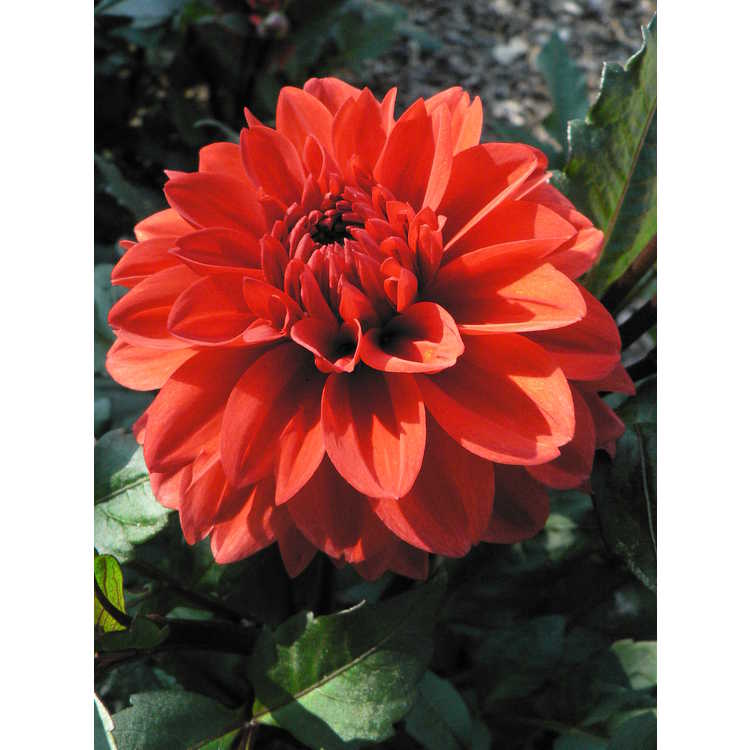Guide to Using Previous Soil Tests and Planting Summer Bulbs
go.ncsu.edu/readext?679083
en Español / em Português
El inglés es el idioma de control de esta página. En la medida en que haya algún conflicto entre la traducción al inglés y la traducción, el inglés prevalece.
Al hacer clic en el enlace de traducción se activa un servicio de traducción gratuito para convertir la página al español. Al igual que con cualquier traducción por Internet, la conversión no es sensible al contexto y puede que no traduzca el texto en su significado original. NC State Extension no garantiza la exactitud del texto traducido. Por favor, tenga en cuenta que algunas aplicaciones y/o servicios pueden no funcionar como se espera cuando se traducen.
Português
Inglês é o idioma de controle desta página. Na medida que haja algum conflito entre o texto original em Inglês e a tradução, o Inglês prevalece.
Ao clicar no link de tradução, um serviço gratuito de tradução será ativado para converter a página para o Português. Como em qualquer tradução pela internet, a conversão não é sensivel ao contexto e pode não ocorrer a tradução para o significado orginal. O serviço de Extensão da Carolina do Norte (NC State Extension) não garante a exatidão do texto traduzido. Por favor, observe que algumas funções ou serviços podem não funcionar como esperado após a tradução.
English
English is the controlling language of this page. To the extent there is any conflict between the English text and the translation, English controls.
Clicking on the translation link activates a free translation service to convert the page to Spanish. As with any Internet translation, the conversion is not context-sensitive and may not translate the text to its original meaning. NC State Extension does not guarantee the accuracy of the translated text. Please note that some applications and/or services may not function as expected when translated.
Collapse ▲The N.C. Department of Agriculture and Consumer Services Agronomic Services lab has scaled back its testing to a few core services, in response to COVID-19. But, there is good news for homeowners.
If you have soil tested within the last 3 years, you can still use the recommendations from these past reports. You can find your previous soil test reports at the Agronomic Services website, PALS, where you will enter your last name in the search tool.
If lime was applied based on a report, it is unlikely that additional lime is needed for the upcoming growing season. Routine application of lime is never advised since soil pH may be raised too high. -David Hardy, NCDA&CS
If you have questions about an old report or need further advice, please feel free to contact the lab at 919-733-2655.
Now that we are halfway into the month of April, you can start setting out your perennials and bulbs.
Your perennial plants can be planted now or in May. You want to get them established before summer heat sets in. You can also prepare your planting sites with compost or pine bark. This will provide better drainage for your plants, and that is one of the keys to long-lasting plants.
Summer bulbs can also be set out at this time. These include; Dahlias, Canna, Gladiolus, Elephant Ears, and Caladium.
For more information or questions on these topics, visit the N.C. Cooperative Extension, Caldwell County Center website or call us at 828.757.1290.





